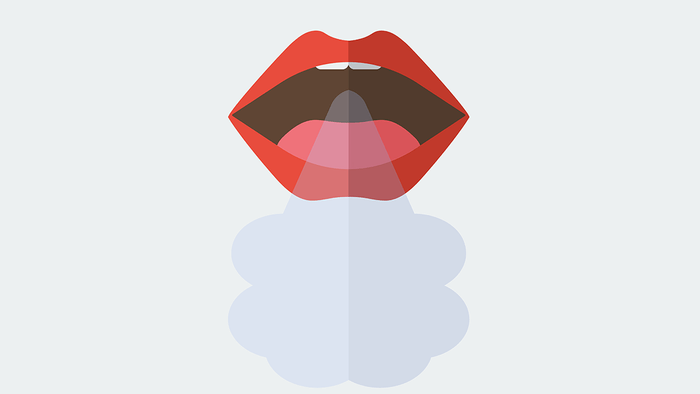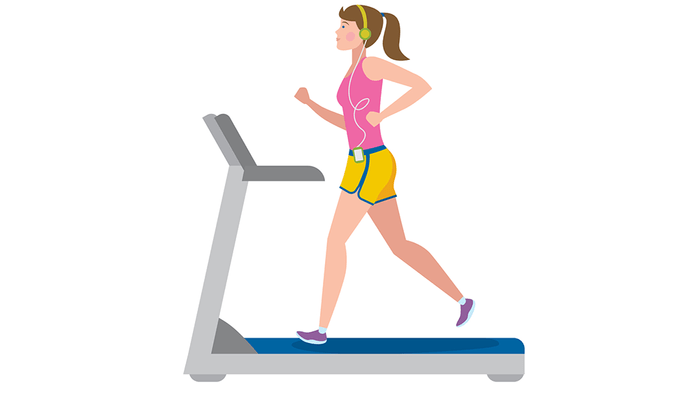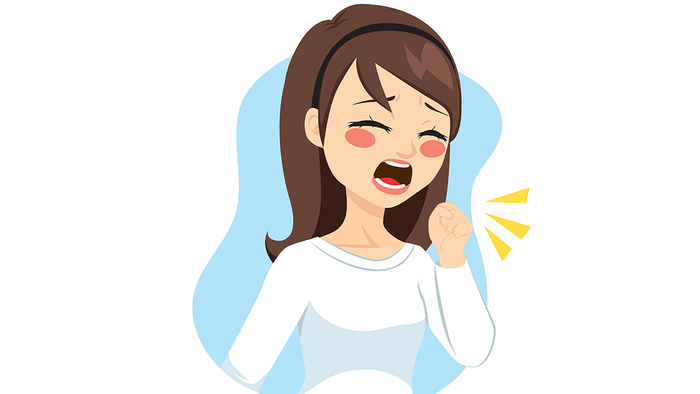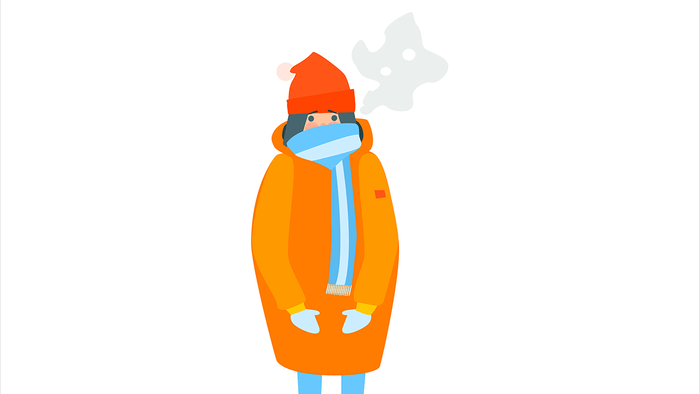
Short of breath? Difficulty breathing?
Those are the obvious signs. But sometimes we blow these things off because we think they might be other triggers. Find out what the silent signs of asthma are.

You find it hard to breathe when you are around cats
It might be allergies. It might be asthma. It might be both. Cats, like humans and plants, shed different proteins through our skin, and our bodies should naturally distinguish when proteins are harmless. Why is Fluffy causing you asthmatic reactions? “The trigger for this is not understood, more a lack of tolerance to the protein,” says Dave Allen, senior vice-president and head, respiratory research and development at GSK Global. “Asthmatics have a different immune reaction response to the nature of the cat protein.” You can avoid cats to reduce symptoms, or get a dog, suggests Allen. But he does warn that if you own a cat, your asthma willy likely get worse.

Exercise gets you out of breath – and not in a good way
How do you tell the difference between a typical shortness of breath from exercise and what might be more serious like asthma? What should you do if you suspect it’s asthma?
It is perfectly normal for your heart rate to rise and breathing to get faster during and after exercise. The Asthma Society of Canada reports that if you are experiencing shortness of breath that is unusual for you at rest or during exercise or experiencing coughing, chest tightness, or wheezing, it should be discussed with your healthcare provider.

Your cold is sticking around for much longer than you’d expect
The window for a cold is five to seven days. An infection is longer. And seasonal allergies can last for weeks to months. How do you know if it is asthma?
Allen says there is a big overlap with allergies and asthma. Actually, if you experience hay fever – a.k.a. allergic rhinitis – or other respiratory allergies, you might be predisposed to asthma. People tend to take over the counter antihistamines for what they think is allergies, but it’s important to keep an eye on your coughing to ensure its not asthma. Talk to your doctor to find out for sure.

You are yawning – like a lot
Sounds like a myth, right? But there is some truth to it. The Asthma Society of Canada reports that yawning is not a sign of asthma, but it could be a side effect, as asthma symptoms are often more prevalent at night. Meaning, it could disrupt sleep and cause you to yawn all day long.

You get anxious
Pain and tightness of the chest is clearly an asthma symptom when your disease is poorly managed. But could anxiety be confused for asthma? You bet.
According to The Asthma Society of Canada, anxiety is common in people with asthma. Difficulty breathing is stressful and can make you feel anxious. But before you start wondering about the chicken and the egg issues with anxiety and asthma, think more about your calming strategies (think happy thoughts, meditation, fidget spinners, etc.) Are they working to help you breath better? If not, talk do your health care provider.

You’re “allergic” to the cold
I guess we’re all “allergic” to the cold in some way. For some it means you need a vacay down south, but for those with asthma, it means you have a terrible time breathing. According to Allen, cold air has no moisture, which can be drying for lungs. If you think this might be you, chat with your doctor or health care provider.

Stress is harder on your body than others’ it seems
If you find it difficult to breathe when you become emotional or stressed, you could have asthma. High level emotions and stress can trigger asthma symptoms. If your shortness of breath doesn’t improve, The Asthma Society of Canada suggests seeking medical attention or discuss with your healthcare provider to find the root cause of your symptoms.

You are at risk for heart disease
Asthma is a chronic condition of the lungs, of course. The Asthma Society of Canada does say, though, that asthmatic episodes can deprive the body organs of oxygen including the heart and can cause complications of the heart. It’s worth talking to your doctor about both conditions.
